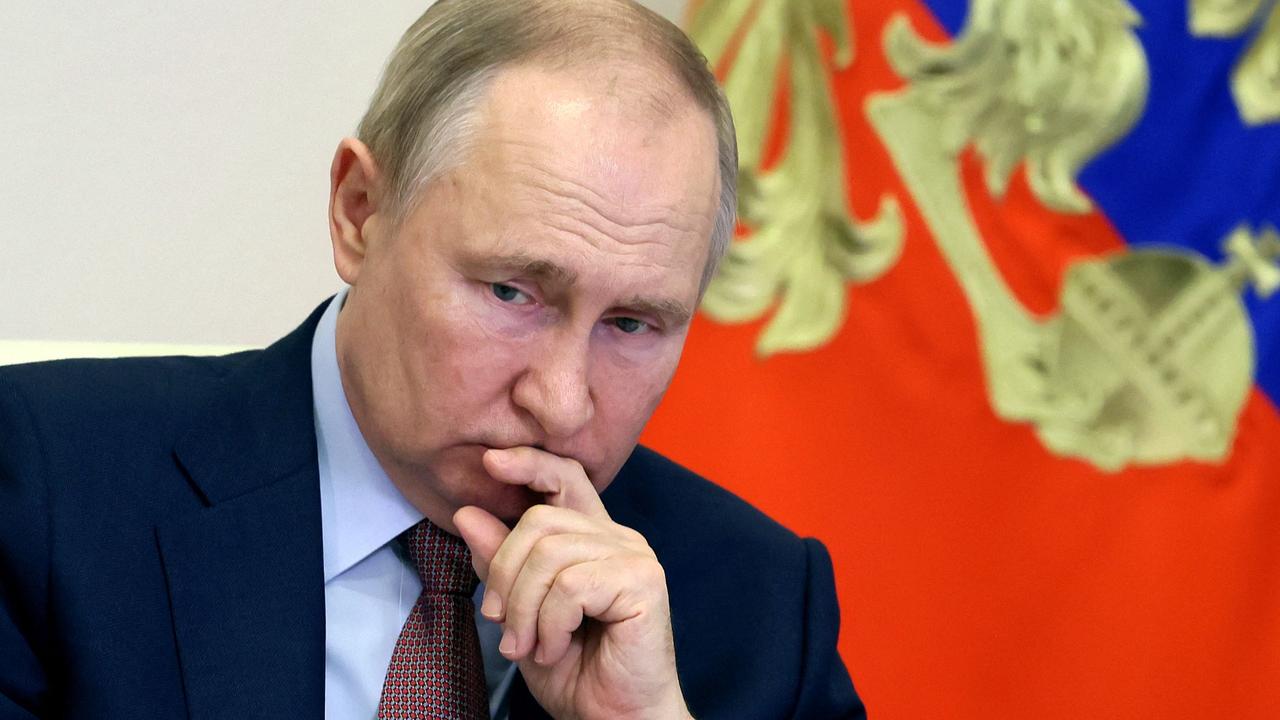
This article is more than
3 year oldDmitry Zelenov has joined the growing list of Russian tycoons to die under mysterious circumstances since the invasion of Ukraine began.
The 50-year-old property mogul died in early December after allegedly falling down a flight of stairs during a visit with friends in the town of Antibes in the French Riviera.
Mr Zelenov reportedly died as a result of head injuries after falling ill during a group dinner earlier in the evening.
The news was confirmed by Russian news outlet Baza and local French publication Var Matin.
Baza reported via Telegram that the oligarch had undergone surgery in the lead up to his death, and it was reported he was taken to hospital after the fall, but was unable to be saved by medics.
Mr Zelenov made his fortune as the co-founder of real estate giant Don-Stroy in the mid-90s after the fall of the Soviet Union, however, the company was hit by major financial losses during the global financial crisis.

Within hours of the news of his death breaking, attention began turning to the eerie similarities between his death and that of fellow Russian tycoon Anatoly Gerashchenko, who died in September after also falling down stairs.
The 73-year-old was the head of Moscow’s Aviation Institute (MAI), which is closely linked to Russian President Vladimir Putin’s Defence Ministry, and the “accident”, which was confirmed by the organisation in a statement, occurred at the company’s Moscow head office.
However, they are only two out of a string of bizarre deaths among Russian elites which began after Russia invaded Ukraine in February this year.
In September, the alleged “suicide” of Pavel Pchelnikov, an executive with the Digital Logistics arm of Russian Railways who had recently shared happy snaps taken on a family holiday on social media, also made headlines.
Earlier that month, Lukoil oil company chairman Ravil Maganov died after falling from a Moscow hospital window, immediately sparking rumours he may have been assassinated after his company spoke out against the war.
In May, fellow Lukoil exec Alexander Subbotin was also found dead.
In July, the body of Yuri Voronov – the head of a transport and logistics company linked to Russian energy juggernaut Gazprom – was found in his pool, while senior Gazprom officials Alexander Tyulakov and Leonid Shulman also died earlier this year.
In April, ex-Kremlin official Vladislav Avayev died along with his wife and teenage daughter, and just days later multi-millionaire Sergey Protosenya was also found dead along with his wife and teen daughter in eerily similar circumstances.
Meanwhile, the recent death of Putin confidante Ivan Pechorin – who fell overboard from his boat – also raised suspicions, as did the deaths of uber-wealthy Yevgeny Palant and his wife.
All of those deaths were attributed to suicide, although there are growing suspicions they may have actually been assassinations.
In August, Darya Dugina – the 29-year-old daughter of Putin’s so-called “spiritual guide” Alexander Dugin – died in a fiery car bomb in Moscow which many believe was intended for her ultranationalist father, described as a mastermind of the Ukraine invasion.

Then, just days later, a top pro-Putin official was killed in another car bomb.
Ivan Sushko, a 40-year-old married father-of-one who served as an official in the occupied Zaporizhzhia region of Ukraine, also died after a blast ripped apart his car.
Just one day before Mr Sushko’s death, another Russian leader narrowly survived a near-identical attempt on his life.
So far, Russian state media has claimed the suspicious string of deaths were all accident, suicides or murders at the hands of Russia’s enemies, such as Ukraine – however, there are also growing rumours that KGB-trained President Vladimir Putin could be behind them, given most of the victims had expressed criticism of the war shortly before their demise.
The assassinations have reportedly spooked Russia’s elites, with many now questioning who could be next on the hit list.